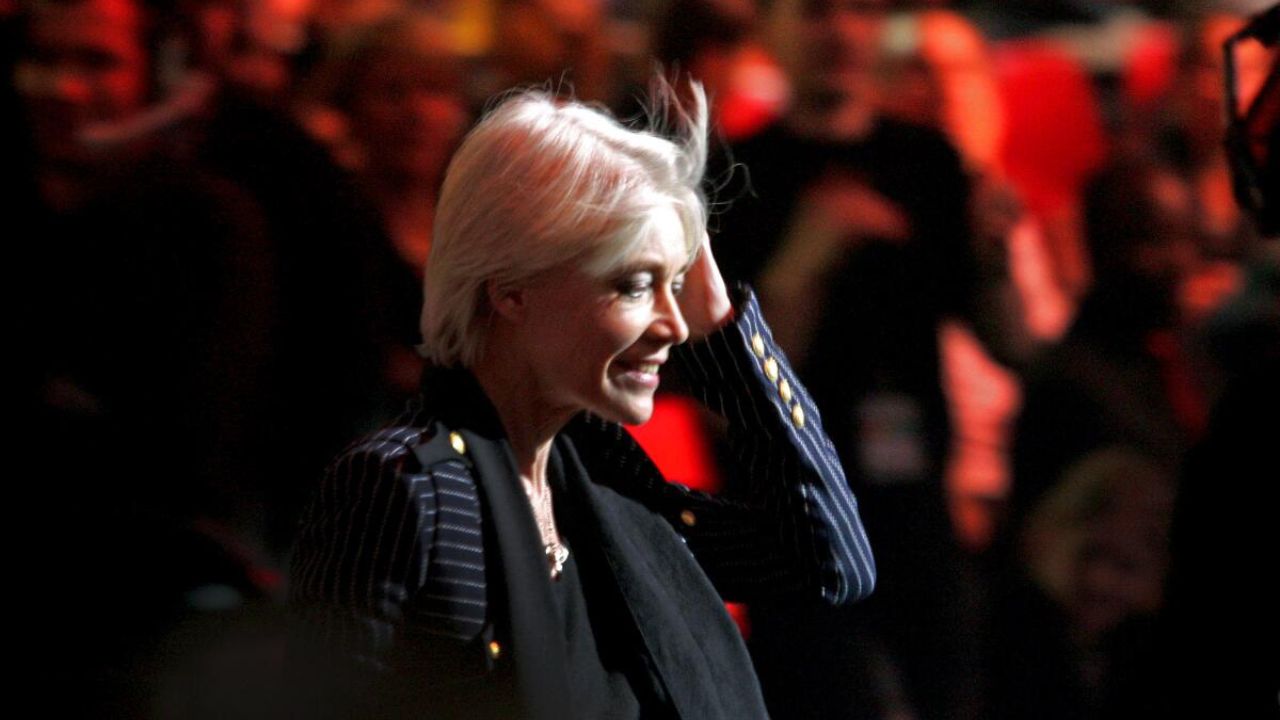Françoise Hardy Died: Here’s Everything That You Need To Know
Françoise Hardy, one of France’s most successful pop performers thanks to her grace and exquisitely melodic voice, passed away at 80.

Her son, Thomas Dutronc, a fellow musician, announced her passing on Instagram with the caption, “Maman est partie,” which translates to “mum is gone,” and a picture of him and Hardy as babies.
Since 2004, Hardy has been battling lymphatic cancer, undergoing years of treatment including radiation. Her illness worsened in 2015, leading to a brief period spent in an induced coma. Since then, she has experienced difficulties with speech, swallowing, and breathing. She had supported euthanasia in 2021, calling France “inhuman” for forbidding the practice.
In 1944, Hardy was born during an air attack in Nazi-occupied Paris and was primarily nurtured by her mother in the city. When she was sixteen, her first guitar was given to her. She then started creating her songs, performing them live, and going on record label auditions. She joined Disques Vogue in 1961.
Hardy was a major contributor to the yé-yé movement that dominated mid-century French music. It was influenced by the French chanson form of crooned ballads and the new, rougher pop and rock’n’roll genres. It got its name from the tendency of English-language bands of the era to chant “yeah,” and Hardy was involved in its origins as well. In one of his early songs, La Fille Avec Toi, the opening line was “Oh, oh, yeah, yeah.”
Her breakthrough song in 1962 was the self-penned ballad Tous les garçons et les filles, which sold over 2.5 million copies and peaked at number one on the French charts alongside the singles Je Suis D’Accord and Le Temps de L’Amour. Hardy placed fifth in the 1963 Eurovision Song Contest while representing Monaco.
She started rerecording her repertoire in several languages, including English, as her notoriety in Europe grew. Though her success persisted in France, Italy, and Germany, her 1964 song All Over the World—a translation of Dans le Monde Entier—became her lone UK Top 20 hit. One of her biggest hits in 1968 was Comment te Dire Adieu, a Serge Gainsbourg-penned rendition of Vera Lynn’s original song It Hurts to Say Goodbye.
The seeming effortlessness of 20th-century French cool was defined by Hardy’s beauty and skilful aesthetic, which included effortlessly silhouetted tailoring alongside more casual looks like knitwear and rock-leaning denim and leather. She became a fashion model for designers such as Paco Rabanne and Yves Saint Laurent. She was also frequently included in fashion photos taken by photographers Richard Avedon, David Bailey, and William Klein. A phrase from a Hardy song would later inspire designer Rei Kawakubo to name her company Comme des Garçons.
Many of the male pop artists of the 1960s, such as David Bowie and the Rolling Stones, were in awe of Hardy. For Françoise Hardy, at the bank of the Seine, a big shadow of Notre Dame seeks to capture my foot. Bob Dylan penned a poem about her for the liner notes of his 1964 album Another Side of Bob Dylan.
Directors also pursued her, and she starred in movies directed by John Frankenheimer, Roger Vadim, Jean-Luc Godard, and others.
After experiencing financial difficulties, Hardy left Disques Vogue and accepted a three-year contract with Sonopresse in 1970. She continued her multilingual releases and recorded with Brazilian musician Tuca on the critically acclaimed song “La Question” in 1971 during this creatively prolific period. However, by the time the contract expired, her popularity had declined and it was not extended.
She and her companion, singer and actor Jacques Dutronc, raised their son Thomas throughout the mid-1970s. With 1977’s Star, releases resumed, and Hardy welcomed the sounds of disco, funk, and electronic pop, though not always warmly. Décalages, her 1988 album, was supposed to be her last release before she took a lengthier break in the 1980s. However, she returned in 1996 with Le Danger, a sombre modern rock record. After releasing six more albums, Personne D’Autre was her last release in 2018.
She and Jacques Dutronc had met in 1967, got married in 1981 (which she later described as “an uninteresting formality” of marriage in general), and split in 1988, though they remained friends. Their son and he both survive her.


Comments are closed, but trackbacks and pingbacks are open.